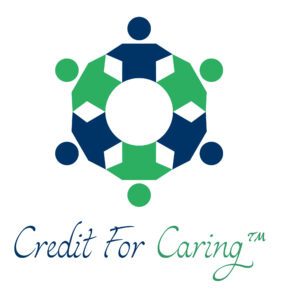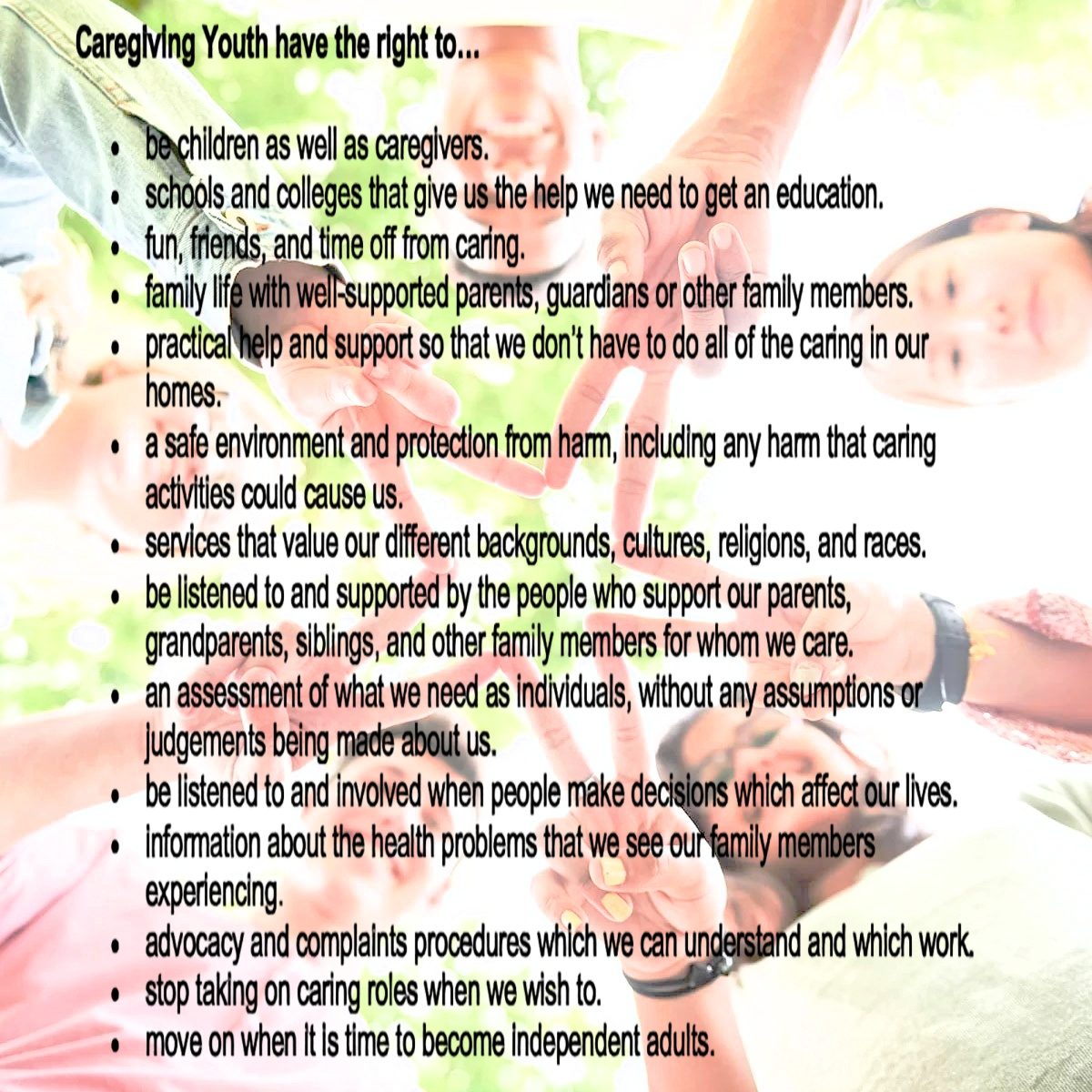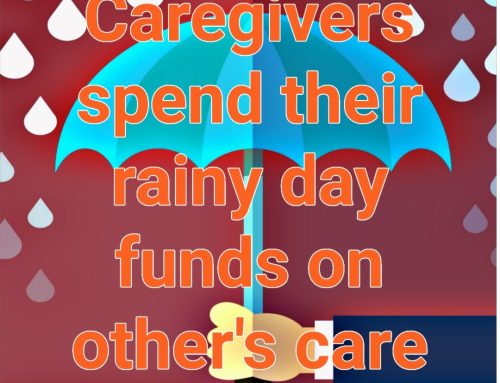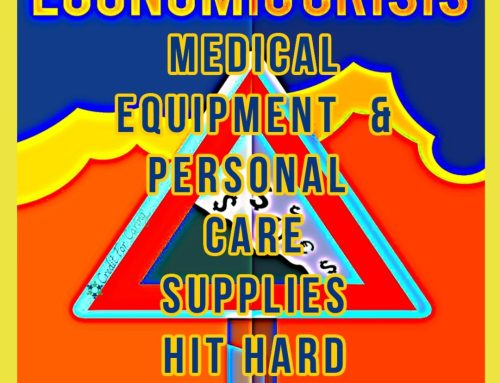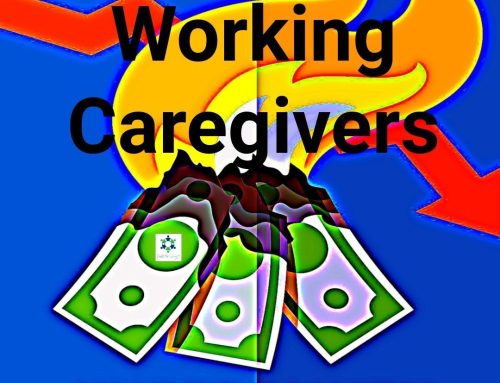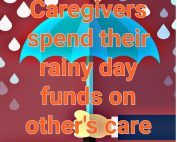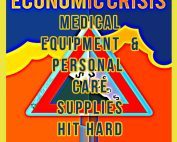
Back to School ABCs and ADLs Competing Priorities
Back to School ABCs and ADLs Competing Priorities
A new school year is starting across the country. Today the younger generations – Generations Z and Alpha – increasingly find themselves in caregiver roles. I believe the need for effective policies addressing their unique challenges is urgent. These young caregivers navigate a precarious balance, simultaneously managing the care of aging, chronically ill, or disabled family members while juggling their own school and personal lives. In fact, this situation not only strains their mental and physical well-being but also alters the trajectory of their futures. These kids deserve better.
Invisible Burdens
The reality of caregiving for young individuals often goes unnoticed. Arriving late to school, sleeping in class, and falling grades are signals that too often are brushed aside. These Gen Z and Alpha caregivers shoulder adult responsibilities way too early in life. The daunting task of managing care for parents, grandparents, siblings, or other loved ones often clashes with the demands of school and social life thus the complex intersection of ABCs and ADLs.
This premature entry into caregiving burdens these young people immensely. Consider the competing demands they must juggle attending to family needs, completing schoolwork, and, when possible, engaging in social activities. However, limited resources in terms of time, energy, and support leave them feeling isolated and struggling to cope with their dual roles. This isolation can exacerbate stress, anxiety, and depression that adult caregivers suffer along with the challenges of growing up.
Sacrificing Dreams for Family
What do you want to be when you grow up? Who hasn’t posed this question to a kid? The sacrifices young caregivers make extend far beyond immediate responsibilities. Caregiving duties often force them to put their own ambitions and dreams on hold. Keep in mind, whether it’s pursuing a college education, going to trade school, or getting a job for some pocket money, these kids are locked into a different reality.
The all-consuming attention devoted to caregiving leave little room for them to explore their identities, nurture new interests, or develop essential skills for future careers. In fact, the emotional and psychological toll can also hinder their ability to form meaningful social connections and engage in experiences crucial for personal development. As these young caregivers age, the consequences of their early roles become more pronounced. Unfortunately, their sacrifice today imprints on the adult they become.
The Pizza Generation Needs Care Navigators
The “Pizza Generation” – a term we coined to describe young people constantly juggling multiple responsibilities, including caregiving – desperately needs our support. We must recognize social care as healthcare and urge insurance providers to take ownership of the burden of caregiving that hinders this generation’s future.
We endorse the recommendations of the American Association of Caregiving Youth namely; we need care coordinators specifically for young caregivers. These navigators would help young people access essential resources, provide emotional support, and ensure a more manageable caregiving journey. Moreover, the cost of care coordinators should be covered by the insurance of the loved one being cared for, alleviating the financial strain on the young caregiver and their family.
By assigning care coordinators, we can reduce their heavy burden by engaging the healthcare team as allies. In fact. these coordinators would connect young caregivers with vital support services, ranging from mental health resources to respite care. They would also bridge the gap between the healthcare and education systems, ensuring that young caregivers can maintain academic progress while fulfilling their caregiving responsibilities.
Wraparound Care Plans
A unified care plan integrating the medical team, school district, and family is essential for supporting young caregivers. This wraparound care plan would ensure all aspects of a young caregiver’s life are considered and addressed, from academic progress to mental health and emotional well-being.
A behavioral health coordinator, at the primary care provider’s office, will be a critical point of contact for young caregivers. This coordinator would collaborate with schools to help them stay on track academically while managing the stress and emotions associated with caregiving. They will also provide mental health support to help them handle their responsibilities and maintain their own well-being. In addition, the recently announced 2025 CMS codes provide a reimbursement mechanism for the busy primary care practices supporting our young caregivers.
Respite care is another crucial element, offering temporary relief from caregiving duties. We must allow these caregivers time to be a kid. Moreover, college age caregivers need this time for studies, exams, and internships to succeed. Respite care is vital to preventing burnout and ensuring they can continue providing care without sacrificing their own well-being.
Breaking the Cycle of Poverty
To truly support young caregivers, we must look beyond their immediate needs and consider their long-term future. We need a Young Caregiver Contract, backed by the federal government, could guarantee them time and space for personal growth, education, and counseling to prepare for life after caregiving ends.
This contract could include a dedicated scholarship account for job training and education. By providing financial support for education and career development, we can empower young caregivers to pursue their aspirations and break the cycle of limited opportunities often associated with caregiving. This investment in their future would not only benefit them but also contribute to a more equitable and prosperous society.
Lastly, education and training are key to breaking the cycle of poverty that many young caregivers face. Ensuring access to the resources they need to succeed creates a brighter future for this young generation of caregivers. This support will enable them to achieve their full potential, both personally and professionally. Please join us in supporting the great work of the American Association of Youth Caregivers.
Share This Story, Choose Your Platform!
About the author : Monica Stynchula
Credit for Caring: Your Modern DIY Aging in Place Feeling overwhelmed? We've got you! Expert tips, safety products, & innovative solutions for solo agers, families, and communities. Personalized plans, must-have resources, & a supportive community await. Save big & simplify caregiving: Creditforcaring.com
